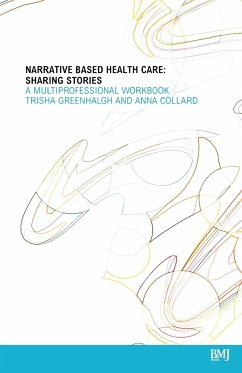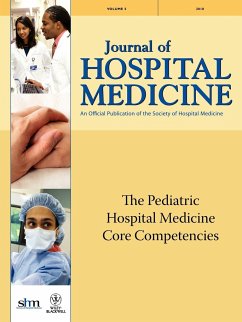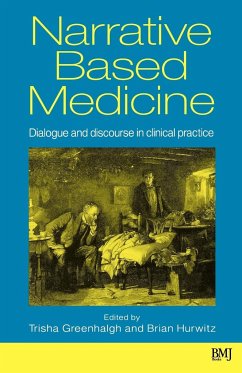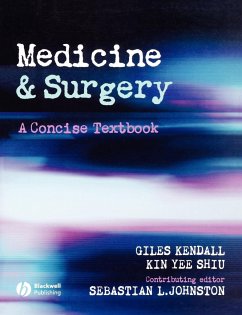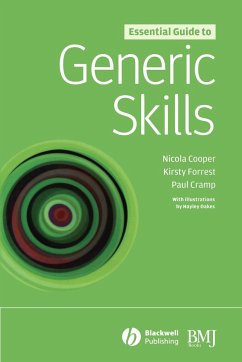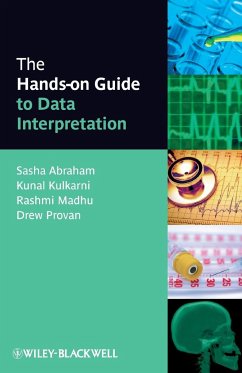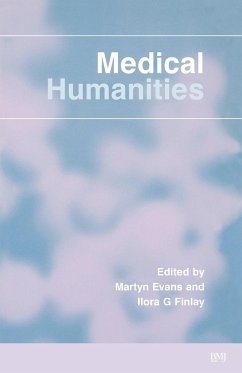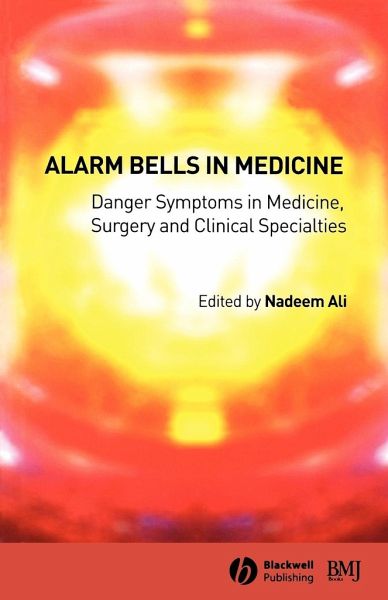
Alarm Bells in Medicine
Danger Symptoms in Medicine, Surgery and Clinical Specialties
Herausgeber: Ali, Nadeem

PAYBACK Punkte
22 °P sammeln!
What's your worst nightmare as a doctor? Missing a life-threatening condition must be among the biggest fears for health professionals. But sometimes the clue to the diagnosis lies in just a single symptom. So what if a patient comes to your clinic with an ear which hurts when they swallow, and you don't think of a tumour ? Or a numb chin, and you don't suspect metastases? Or an itch, and you miss a leukaemia? Alarm Bells in Medicine brings you up to speed on recognising the symptoms of serious illnesses. Internationally renowned authors list the most crucial presenting symptoms in their own s...
What's your worst nightmare as a doctor? Missing a life-threatening condition must be among the biggest fears for health professionals. But sometimes the clue to the diagnosis lies in just a single symptom. So what if a patient comes to your clinic with an ear which hurts when they swallow, and you don't think of a tumour ? Or a numb chin, and you don't suspect metastases? Or an itch, and you miss a leukaemia? Alarm Bells in Medicine brings you up to speed on recognising the symptoms of serious illnesses. Internationally renowned authors list the most crucial presenting symptoms in their own specialties that should ring the alarm bells for you. They provide clear information on diagnosis and action. Organised under the relevant specialties, the information is quick and easy to find. Since patients disclose alarm symptoms in all clinical settings, this book is as relevant for consultants as it is for GPs, as useful for junior doctors as it is for medical students.



